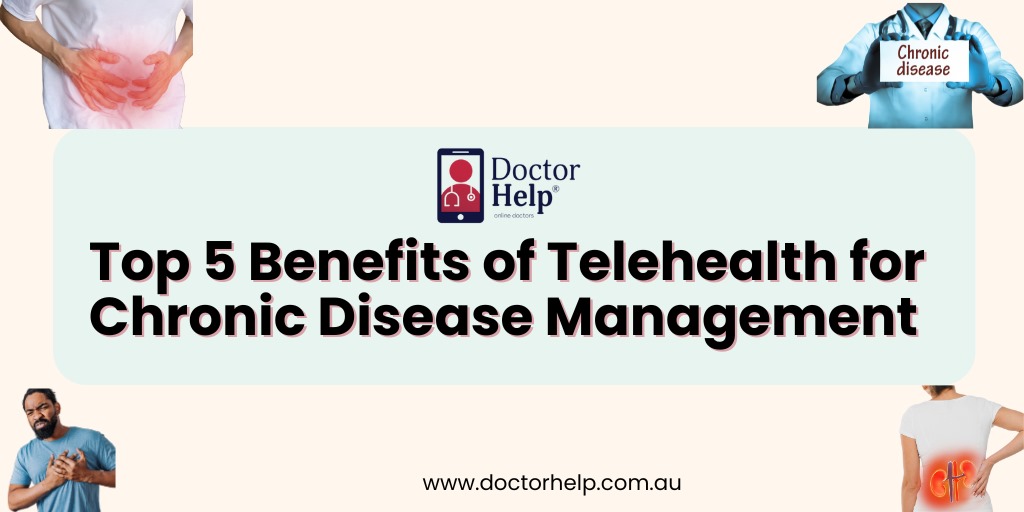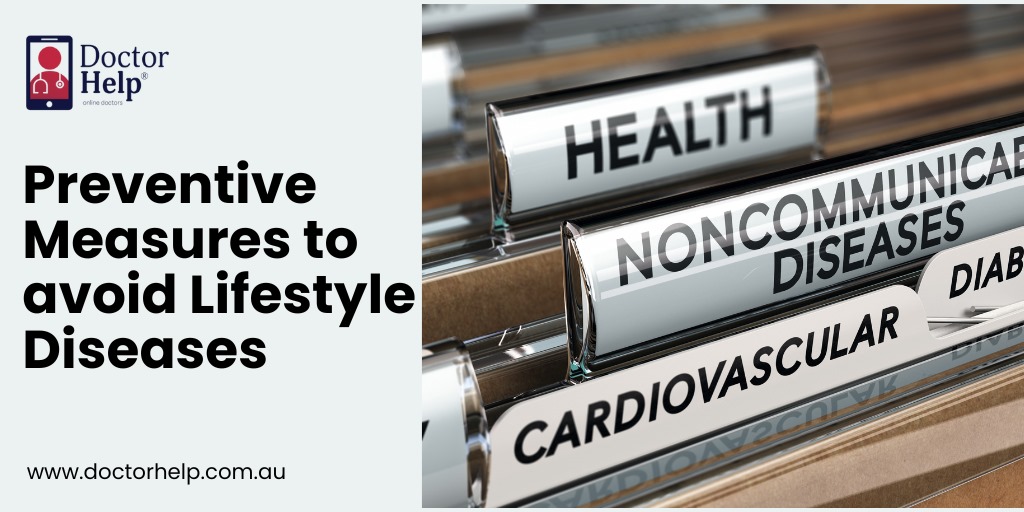Allergies Treatment
Allergies don’t wait and neither should ease. From the sudden sting of itchy eyes to the constant frustration of sneezing fits, these reactions can stop life in its tracks. At Doctor Help, our Australian telehealth doctors provide fast, discreet allergy treatment.

When Allergies Keep Getting in the Way
Allergies aren’t “just sneezes” or “just a rash.” They can disrupt your work, your sleep, even your confidence to eat certain foods or step outside. If you’re wondering whether your watery eyes are simply seasonal allergies or something more serious. Or you’re constantly avoiding foods for fear of a reaction. Don’t worry, we are here for you.
At Doctor Help, we understand that behind every symptom lies frustration, worry, and a longing for relief. That’s why our telehealth doctors take the time to listen, identify triggers, and create a treatment plan that helps you.
Understanding Allergies
An allergic reaction occurs when your immune system mistakes harmless substances, called allergens, for dangerous invaders. From food allergens like tree nuts and shellfish to environmental triggers such as dust mite allergy, pollen, and latex allergy, your body can respond with symptoms ranging from mild irritation to life-threatening emergencies.
According to Allergy and Anaphylaxis Australia, more than 6 million Australians are suffering from allergies.
- Common allergies in Australia include:
-
Respiratory allergies:
hay fever (allergic rhinitis), chronic rhinitis, dust mite allergy, seasonal allergies. -
Food allergies:
the foods that mostly cause allergic reactions are peanuts, tree nuts, shellfish, dairy, eggs. -
Skin reactions:
sun allergy, skin rash, latex allergy, allergic reaction to insect bites or stings.

Causes and Symptoms of Allergies
Causes
- Allergies may be triggered by:
- Food allergens: tree nuts, shellfish, eggs, milk.
- Environmental triggers: dust mites, pollen, pet dander, mould.
- Insect bites/stings: bee sting, wasp sting.
- Medications or latex exposure.
Symptoms
- Symptoms range from mild to severe and can include:
- Sneezing, nasal congestion, watery eyes.
- Skin rash, itchy eyes, swelling.
- Difficulty breathing, wheezing (severe cases).
- Digestive upset after certain foods.
- Rare but serious: anaphylaxis (medical emergency).
How We Treat Allergies at Doctor Help
Our approach is about more than quick relief; it’s about clarity, safety, and prevention.

Telehealth Consultation
Allergy Testing Advice
Guidance and recommendations on allergy test and food allergy testing to identify triggers.
Targeted Prescriptions
Instant scripts for antihistamine tablets, nasal sprays, or other medications, sent directly to you online.
Allergy Management Plans
Practical strategies for infection control, allergen avoidance, and flare-up prevention.
Follow-Up Support
We don’t just treat the reaction; we help you manage allergies long-term.
Why Patients Choose Doctor Help
Allergies can strike at the worst times. Here’s why Australians turn to us for fast, reliable care:

24/7 Availability
Relief when you need it most.
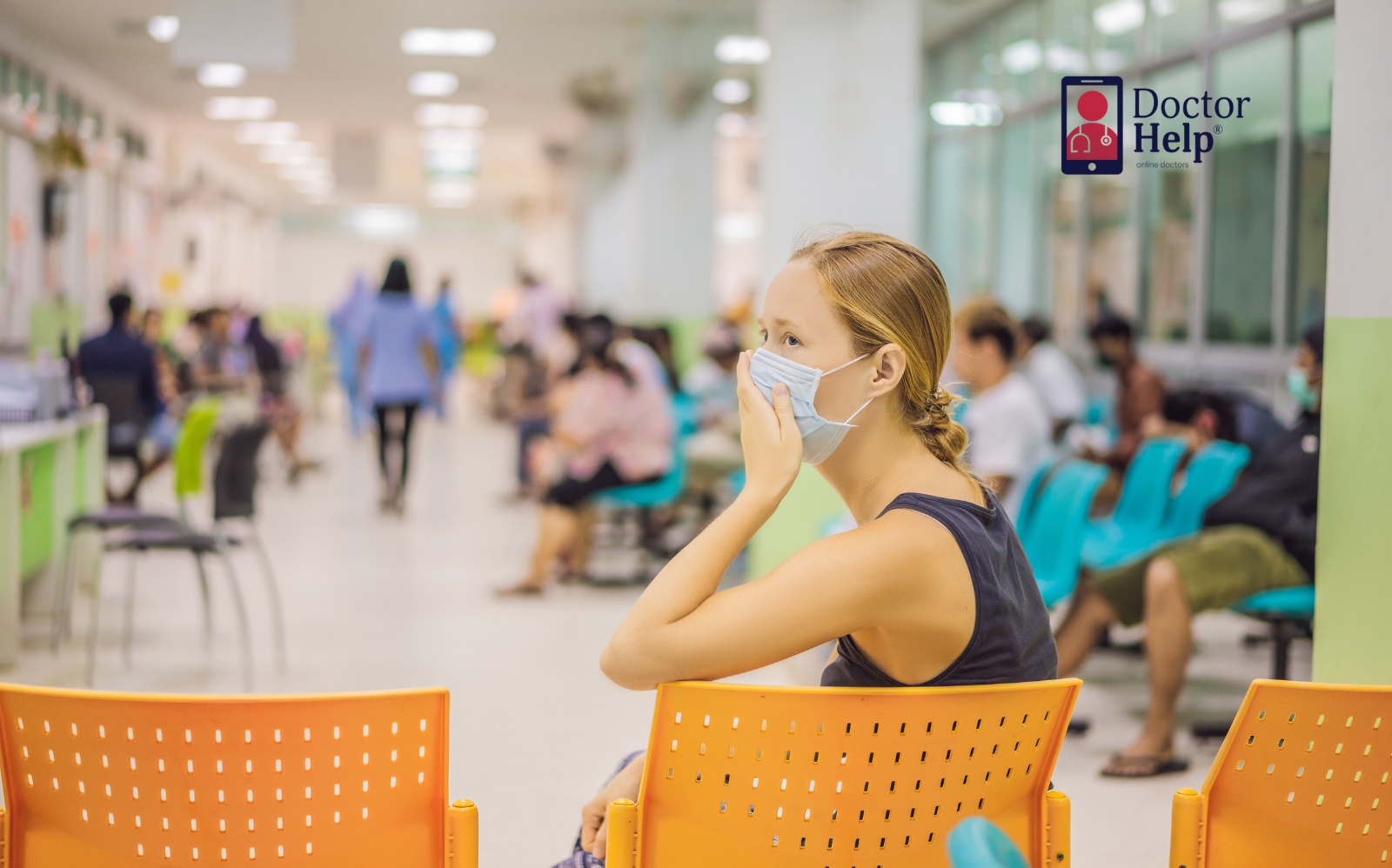
Fast Prescriptions
From antihistamine tablets to ongoing allergic rhinitis treatment.

No waiting rooms
Avoid exposure to seasonal infections while managing your allergies privately.

Trusted expertise
AHPRA-registered experienced doctors who adhere to the Medical Board of Australia guidelines.

Compassionate care
From mild hay fever to severe food allergies, we listen and act.

Nationwide Reach
Whether Perth or Sydney, you are one video call away.
Breathe Easier, Live Freer
Allergies should not rule your days. Whether you struggle with watery eyes, sneezing spells or fears about potentially unseen food allergens, relief and reassurance are closer than you think. At Doctor Help, we aim to provide timely and effective care to help manage your allergies and improve your quality of life. With our doctors, you can feel free to share your story, get a diagnosis, and a personal allergy treatment plan in the privacy and comfort of your own home.
Book your online consultation today because every breath, every meal, every moment should feel lighter and freer.


On a mission to make healthcare affordable & convenient for all Australians.
Trusted by Australians - Reviewed by AHPRA- Registered Doctors
Health Concerns Our Doctor Can Help With
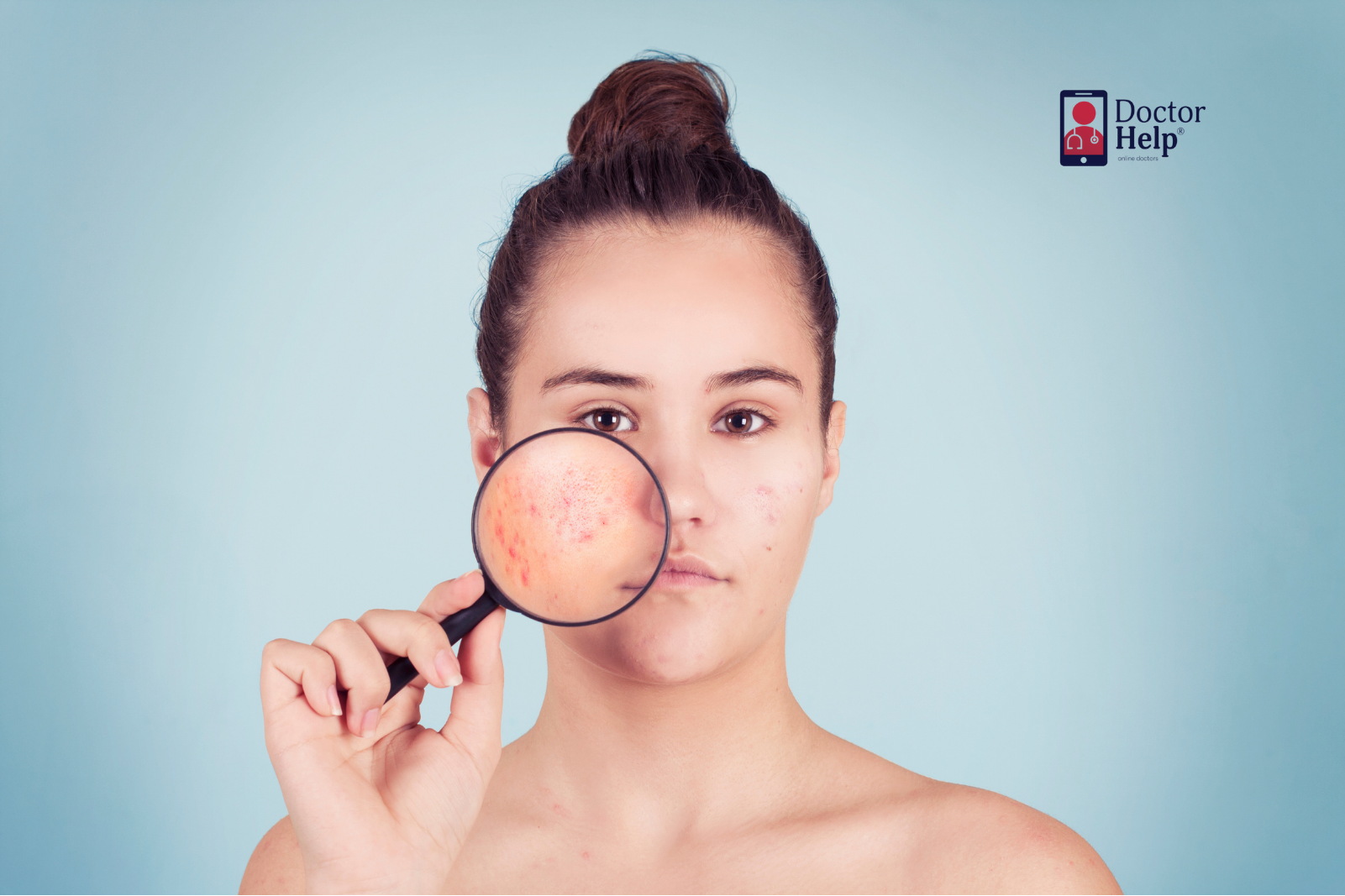
Acne Treatment

Contraception
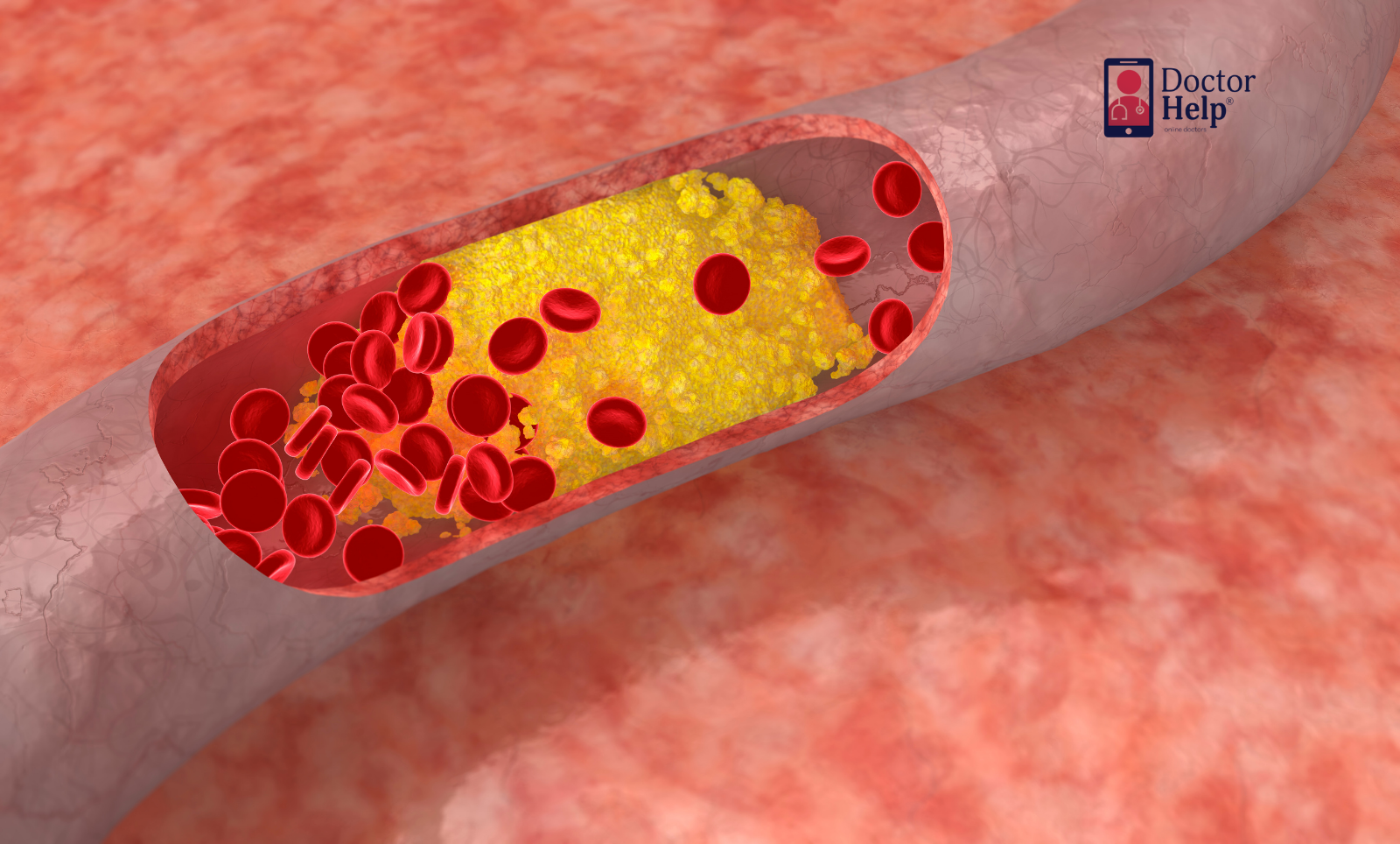
High Cholesterol

Allergies

Depression Treatment
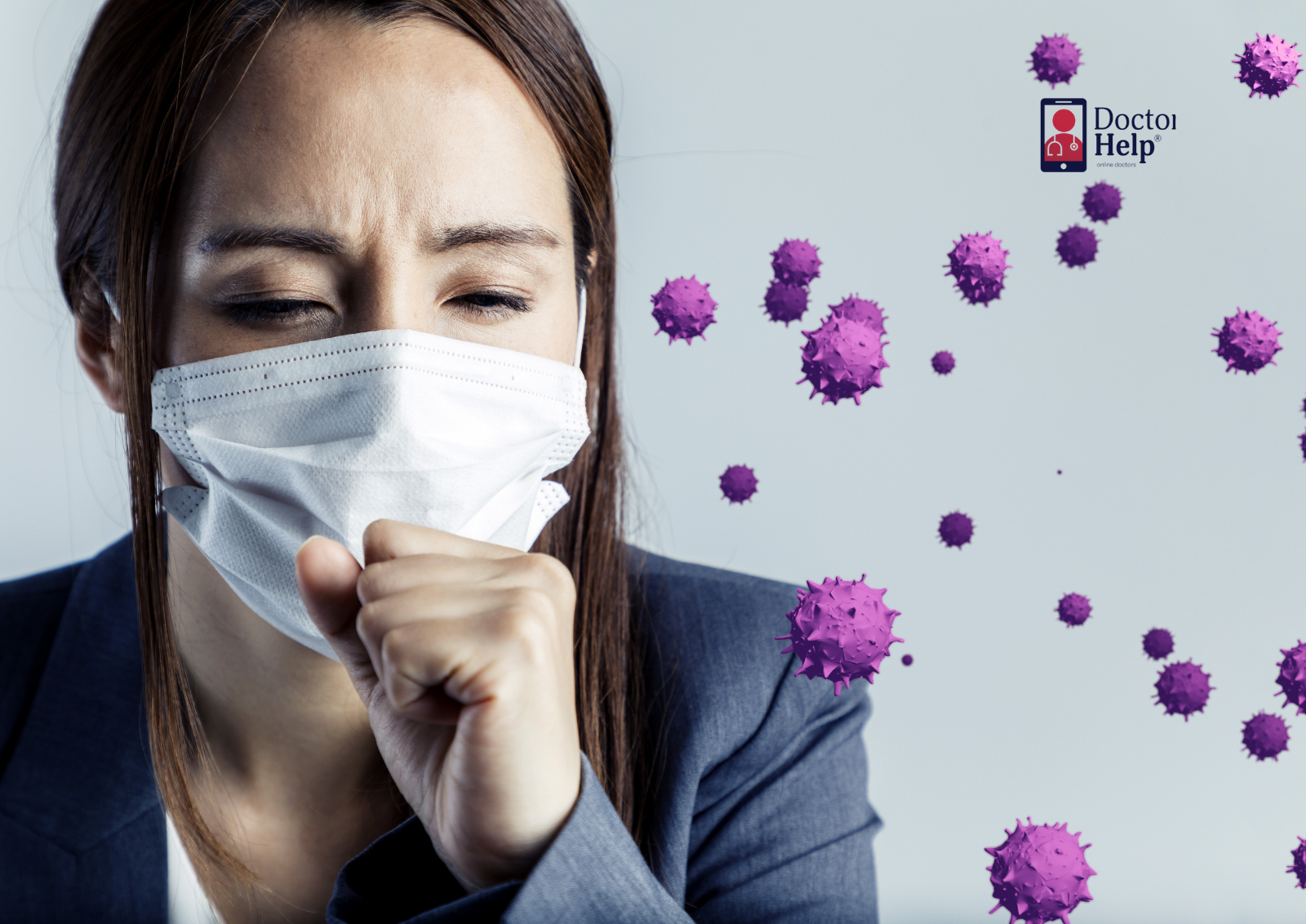
Infections

Anxiety & Stress Support

Diabetes

Men’s Health

Asthma Management

Digestive Concerns

Sexual Health

Bone Health
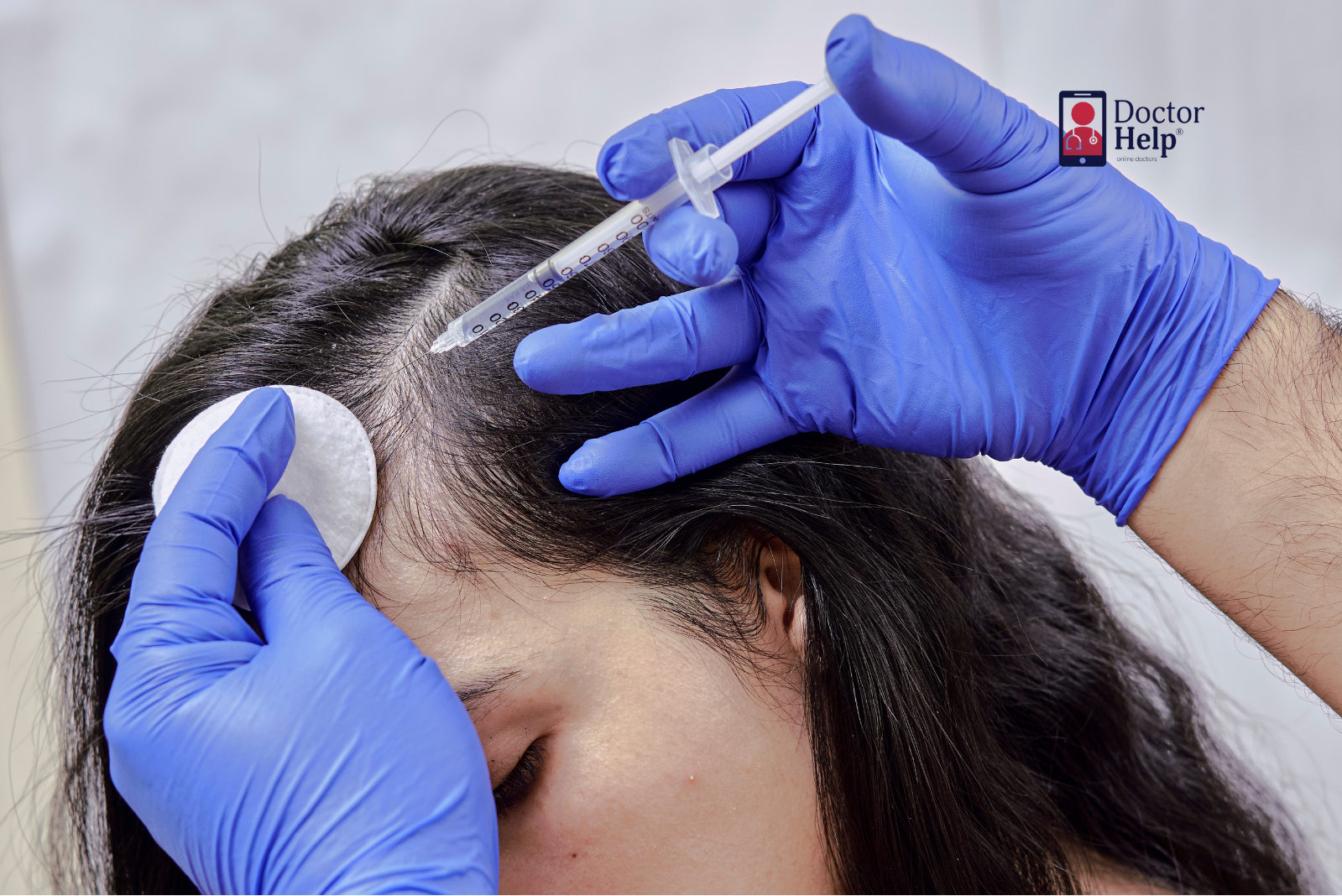
Hair Loss Treatment
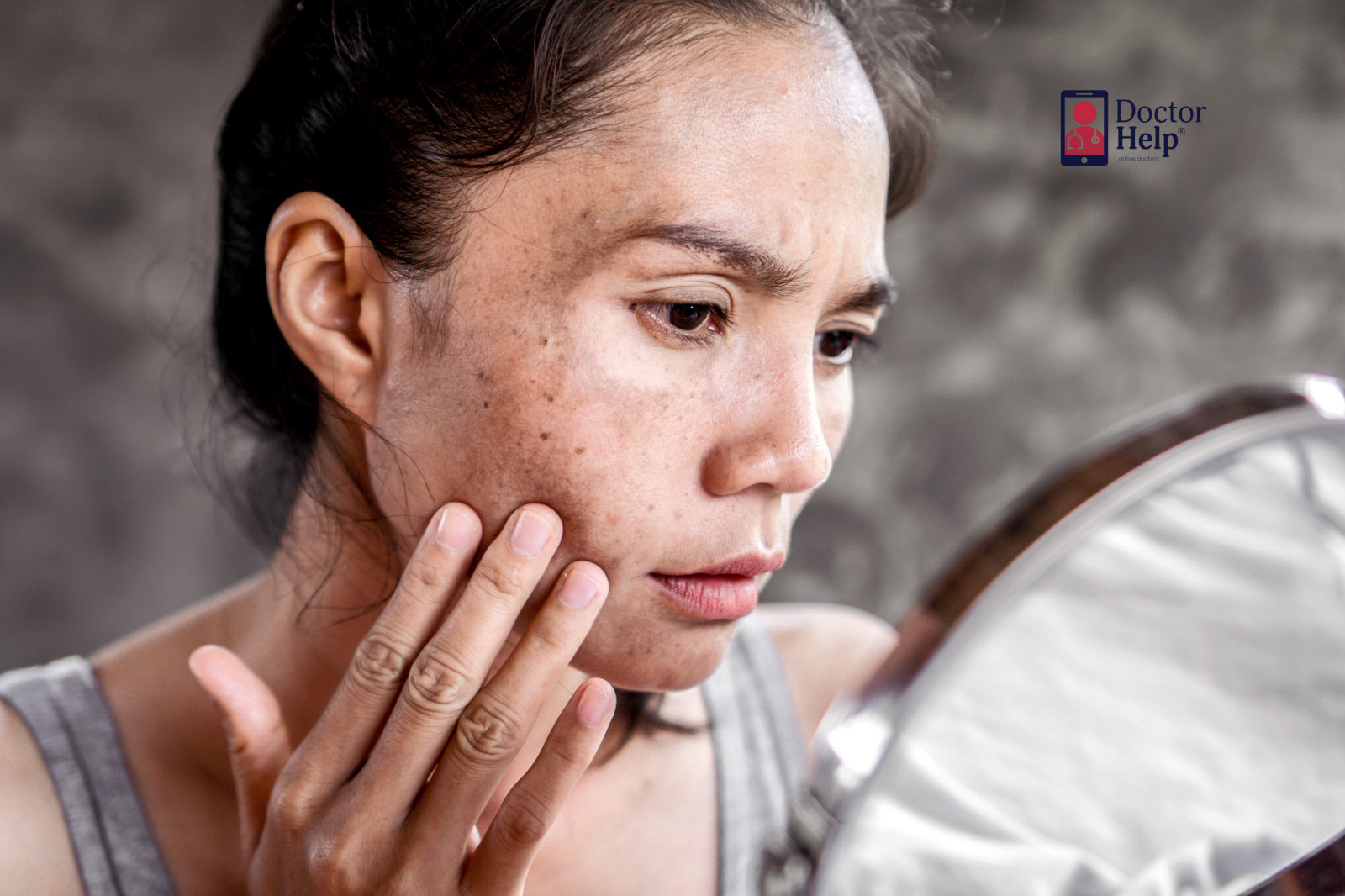
Skin Conditions

Chronic Conditions
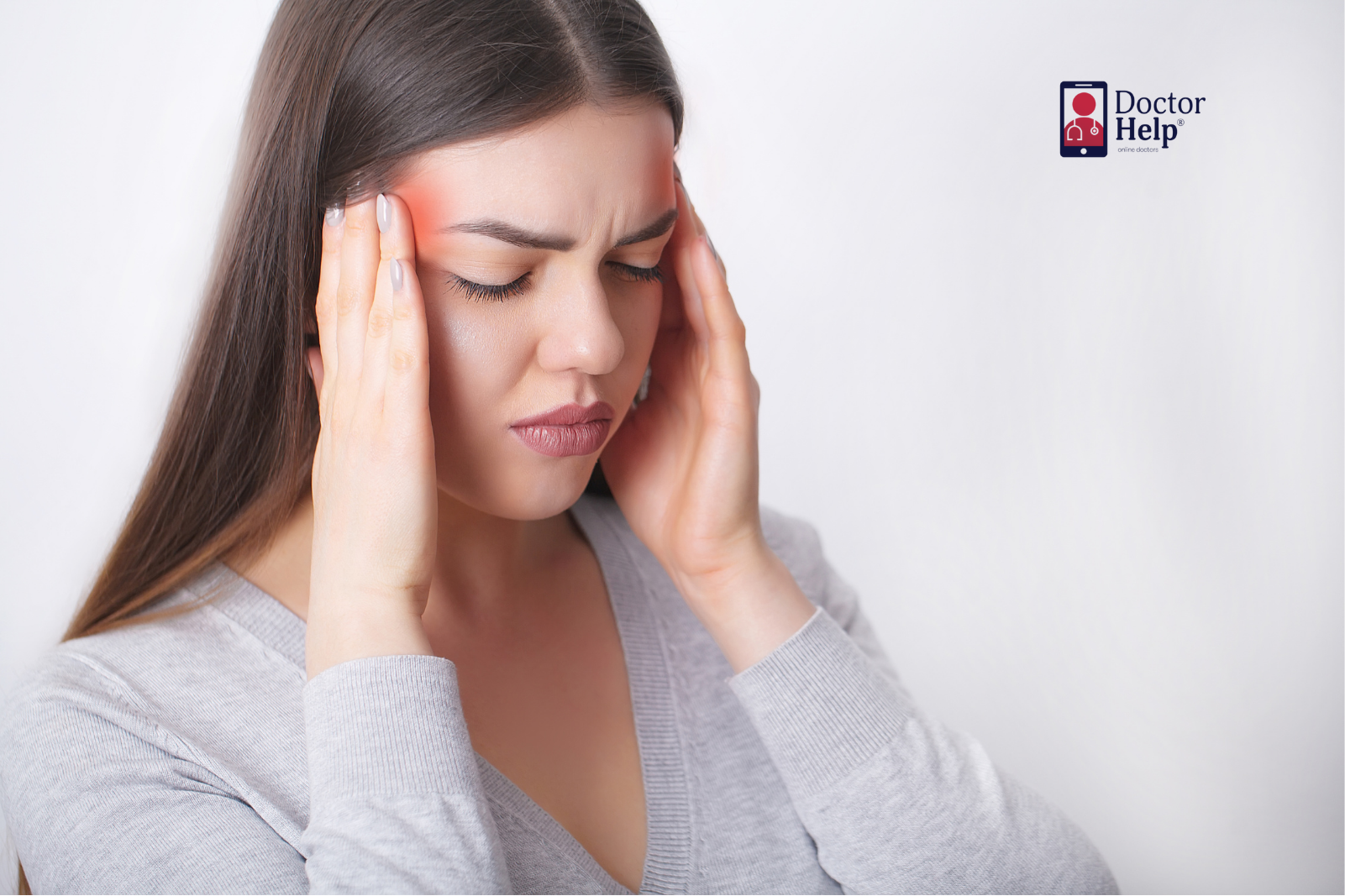
Headaches & Migraines

UTI Treatment

Cold, Cough & Fever
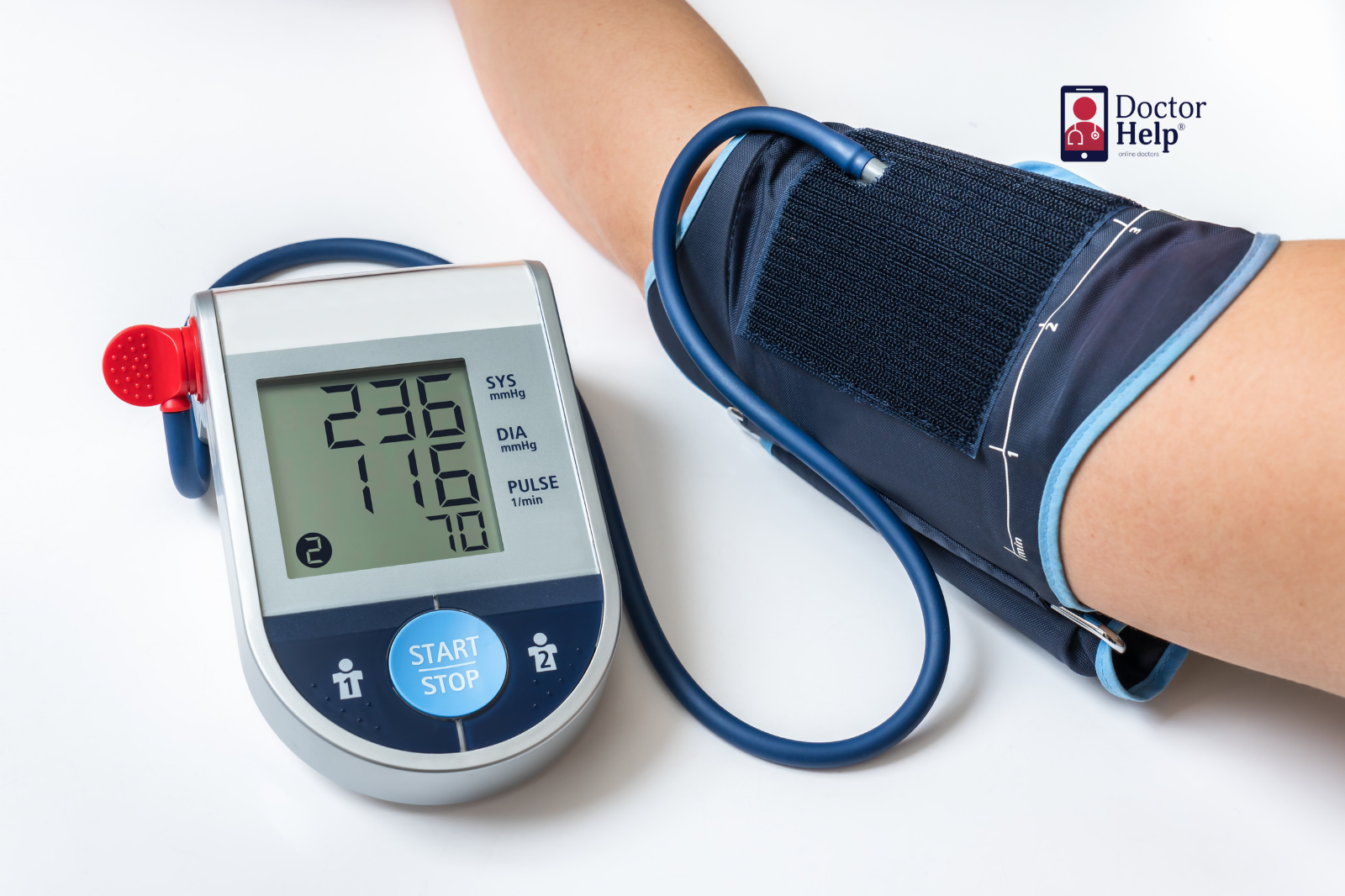
High Blood Pressure

Women’s Health
Our Promise

Providing Encrypted Services
The patient's medical records are kept confidential, and telehealth solutions are provided according to their requirements. Book your telehealth appointment now.

AHPRA Certified Health Practitioners
Our Team includes GPs Certified by the Australian Health Practitioner Regulation Agency. Patients receive the best telehealth solutions regarding medical certificates and referrals.
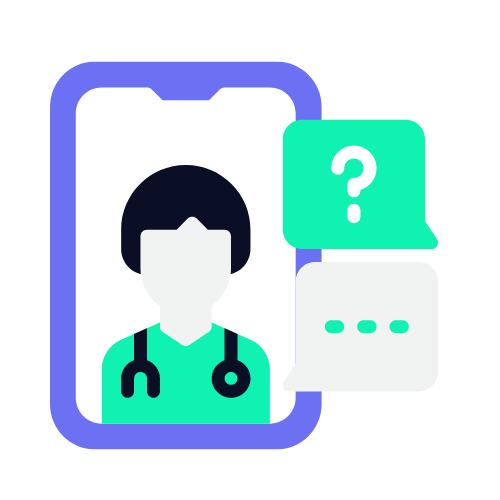
24/7 Availability for Telehealth Appointments
Skip the waiting time and connect with medical practitioners within minutes. Our telehealth appointments are available 24 hours a day, 7 days a week.
What People Say About Us
Our Services
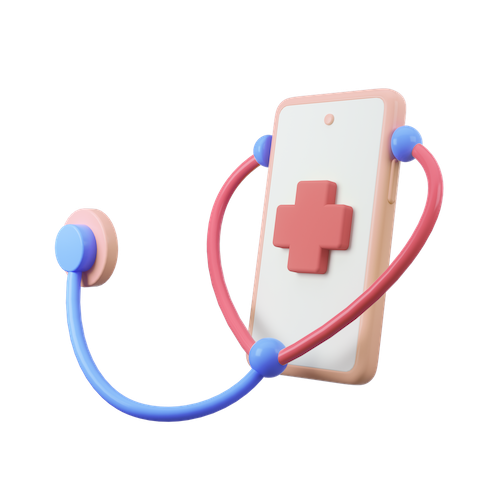
General Consult
From $35.99

Prescription
From $25.99
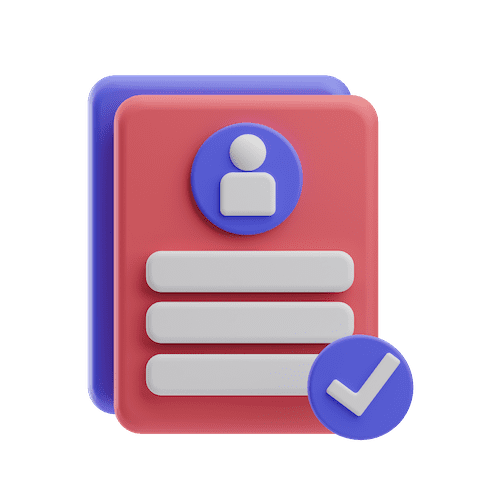
Medical Certificate
From $14.99

Pathology Referral
From $35.99
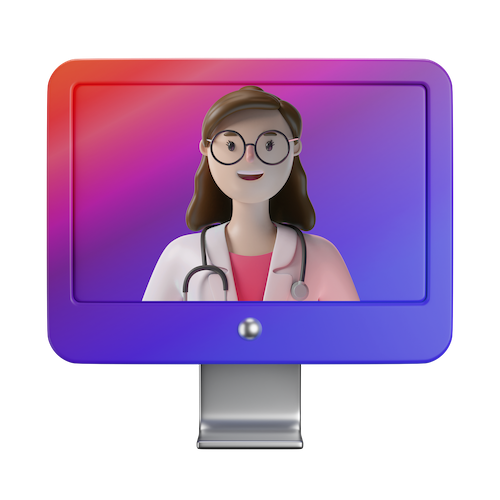
Specialist Referral
From $35.99
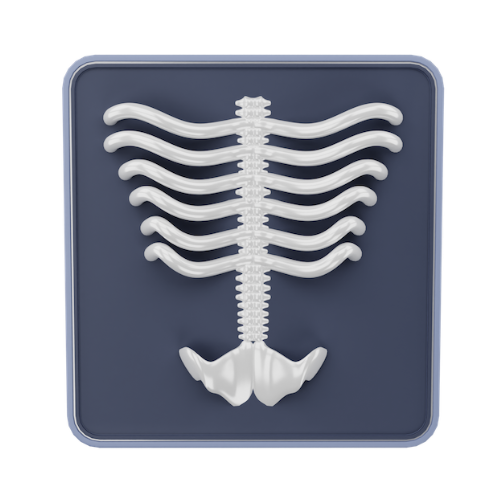
Radiology Referrals
From $35.99
Frequently asked questions
Can allergies be treated through telehealth consultations?
Yes. Allergies such as hay fever, food allergies, or skin reactions can be assessed and managed through telehealth. Our doctors can discuss your symptoms, recommend allergy testing where needed, and prescribe treatments.
A food allergy is what exactly?
A food allergy occurs when your immune system mistakenly reacts to a harmless food as if it were harmful.
How does a telehealth doctor know if I need an allergy test?
Our AHPRA-registered doctors will carefully review your history, symptoms, and possible exposure to allergens such as food, dust mites, or insect bites. If allergy testing is necessary, they will guide you on the next steps, ensuring your care is safe, evidence-based, and tailored to your needs.
How online doctors can help with allergy testing in Australia?
Allergy testing, such as skin prick or blood tests, typically requires an in-person visit to a clinic or specialist. Our doctors provide guidance on whether such testing is advised based on your symptoms.
What are the foods that most commonly cause allergic reactions?
The foods that most commonly cause allergic reactions are peanuts, tree nuts, shellfish, and dairy as well as eggs.
Can seasonal allergies be treated online?
Yes, online allergy specialists can prescribe medication, guide allergen avoidance, and provide allergy management plans.
How to stop hay fever immediately?
Relief often comes from antihistamine tablets or nasal sprays, prescribed after consultation. In some cases, allergists may recommend long-term allergic rhinitis treatment.
How to stop sneezing quickly?
Sneezing due to dust mite allergies or seasonal allergies can be alleviated by the use of antihistamines or by avoiding triggering factors.
What is the difference between allergies and food intolerance testing?
Food intolerance testing examines digestive system response, but allergy testing notes immune responses to food which can cause more serious symptoms.
Is telehealth suitable for emergency cases?
Telehealth services are ideal for diagnosing and managing mild to moderate allergies. Severe allergic reactions, such as anaphylaxis, require immediate emergency attention and are not suitable for remote management.
What should I do if I have an allergic reaction to latex?
Avoid further contact and seek medical help. For severe symptoms like breathing difficulty, call 000 immediately.
Can a bee sting or wasp sting cause serious issues?
Yes. Insect bites may result in intense swelling or anaphylaxis in some people. Always seek professional advice if you’ve reacted strongly before.
Are antihistamines safe?
Antihistamines are generally safe and effective for relieving mild to moderate allergy symptoms such as sneezing, itching, or rash but are not effective for treating anaphylaxis or other life-threatening allergic reactions. Always consult your doctor for ongoing management.
Are itchy eyes and watery eyes always allergy-related?
Not always, they can also result from infections. Telehealth consultations can help you identify the exact cause.
What’s the difference between allergic rhinitis treatment and hay fever natural remedy?
Allergic rhinitis treatment often involves prescribed medication, while natural remedies may ease symptoms but may not replace medical care.
Do children outgrow food allergies?
Food allergies such as an allergy to milk or egg may decline with age, whereas others (such as an allergy to tree nuts) tend to remain life-long.

